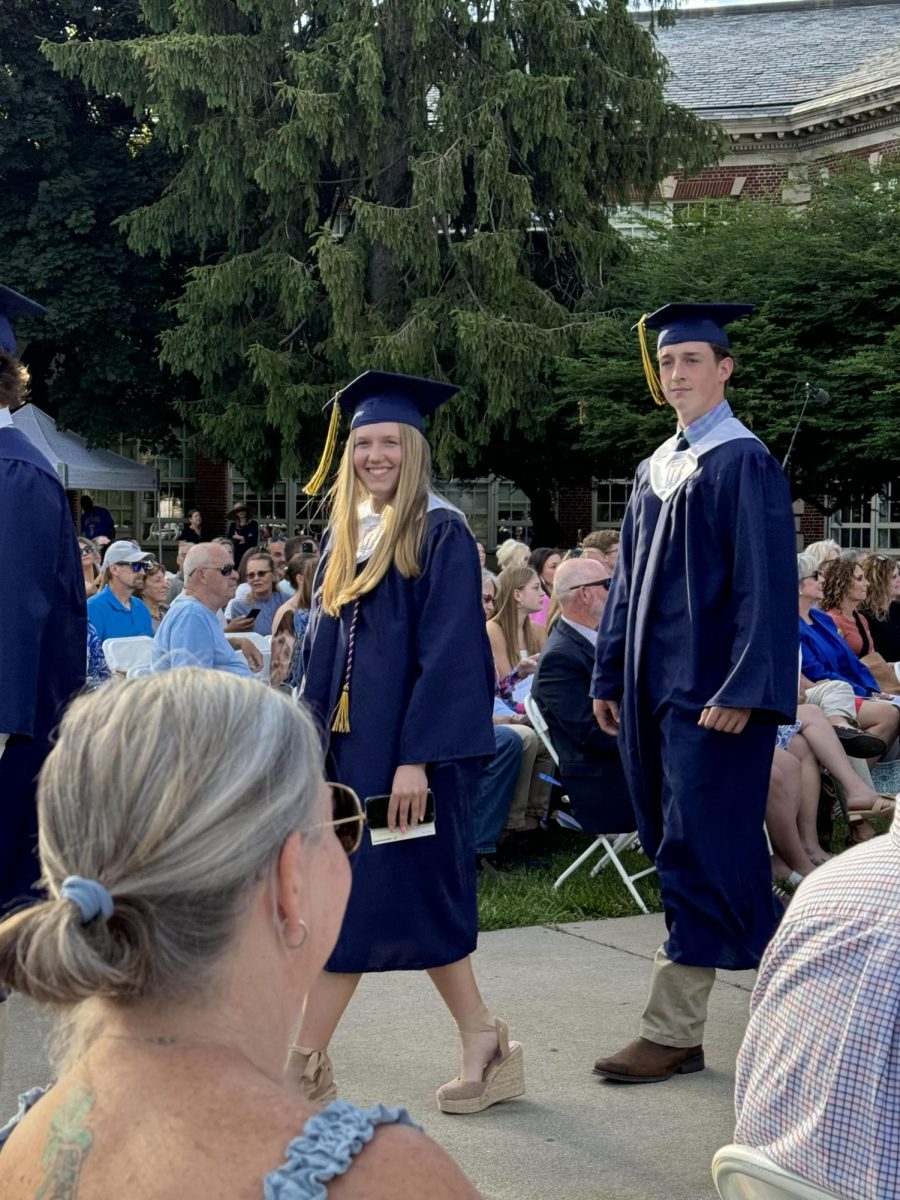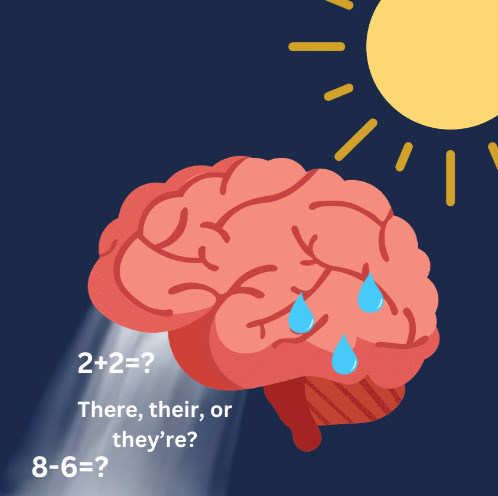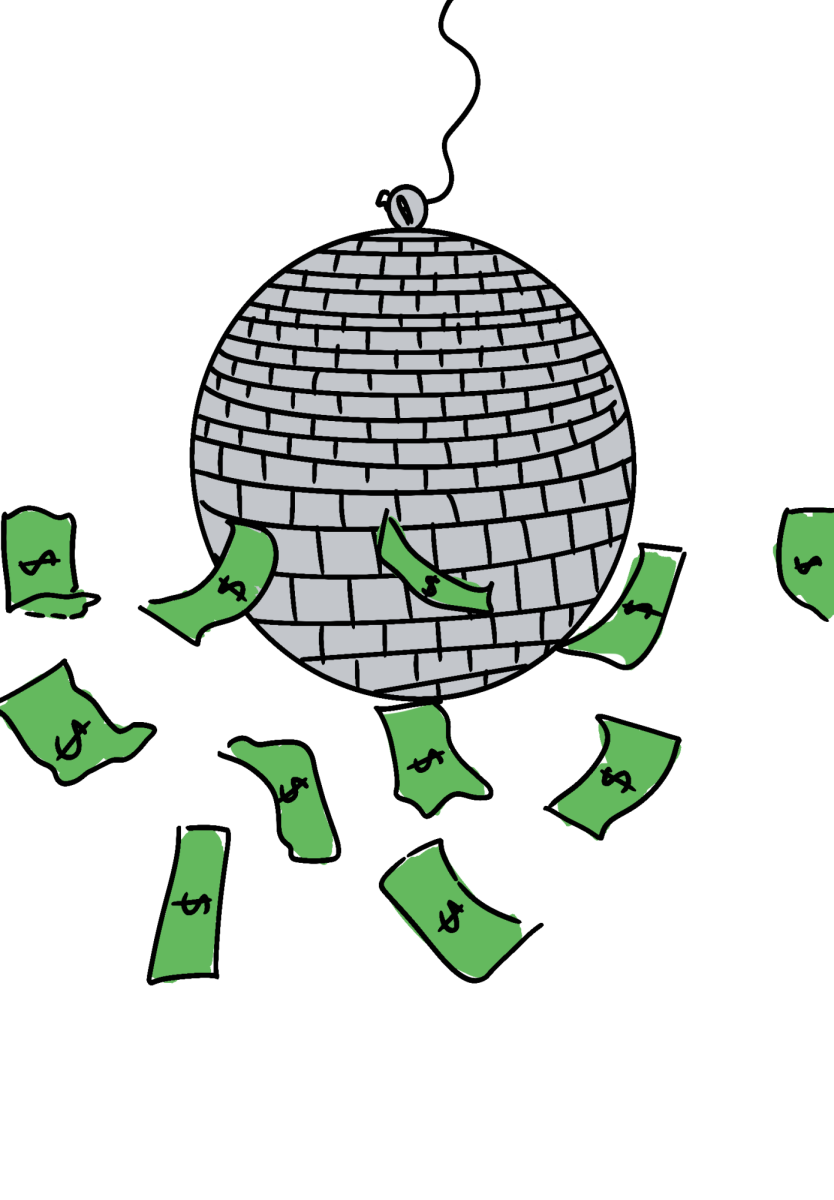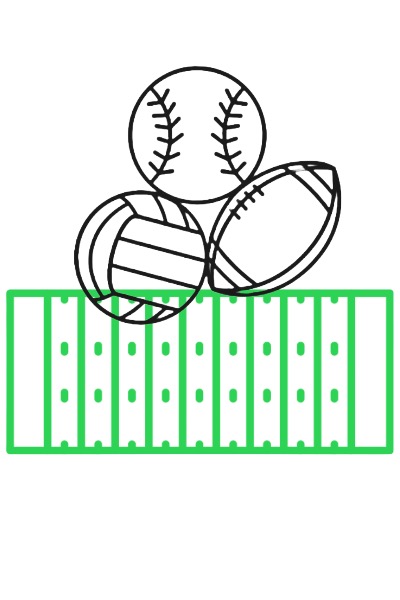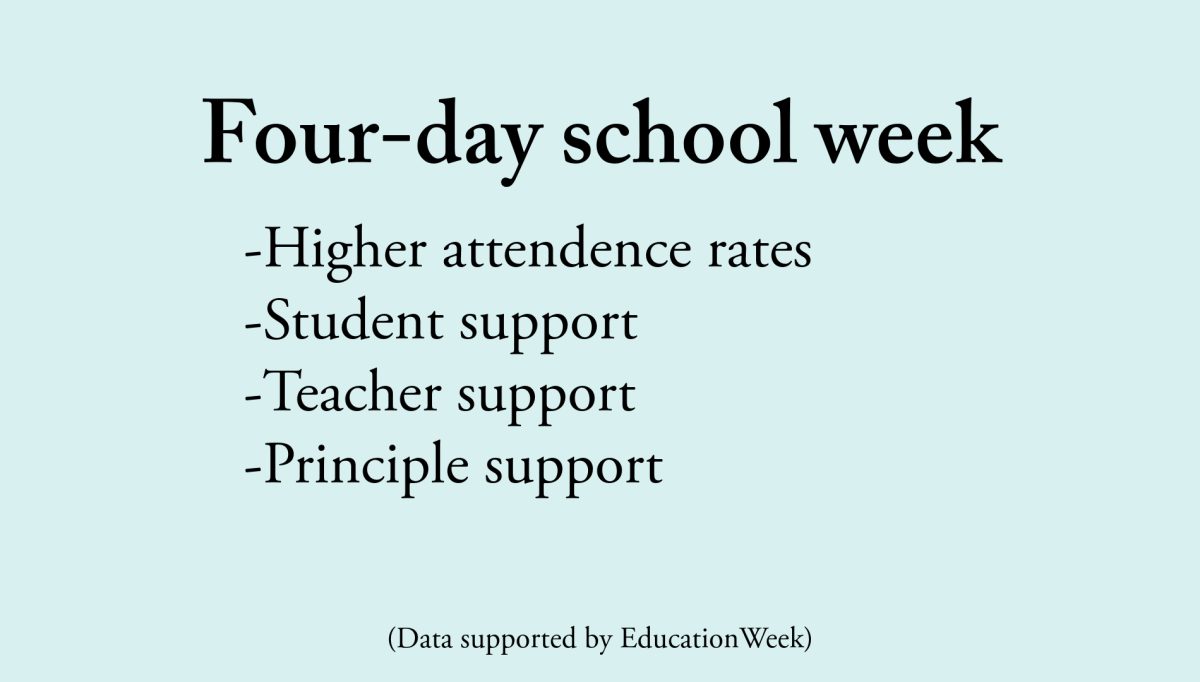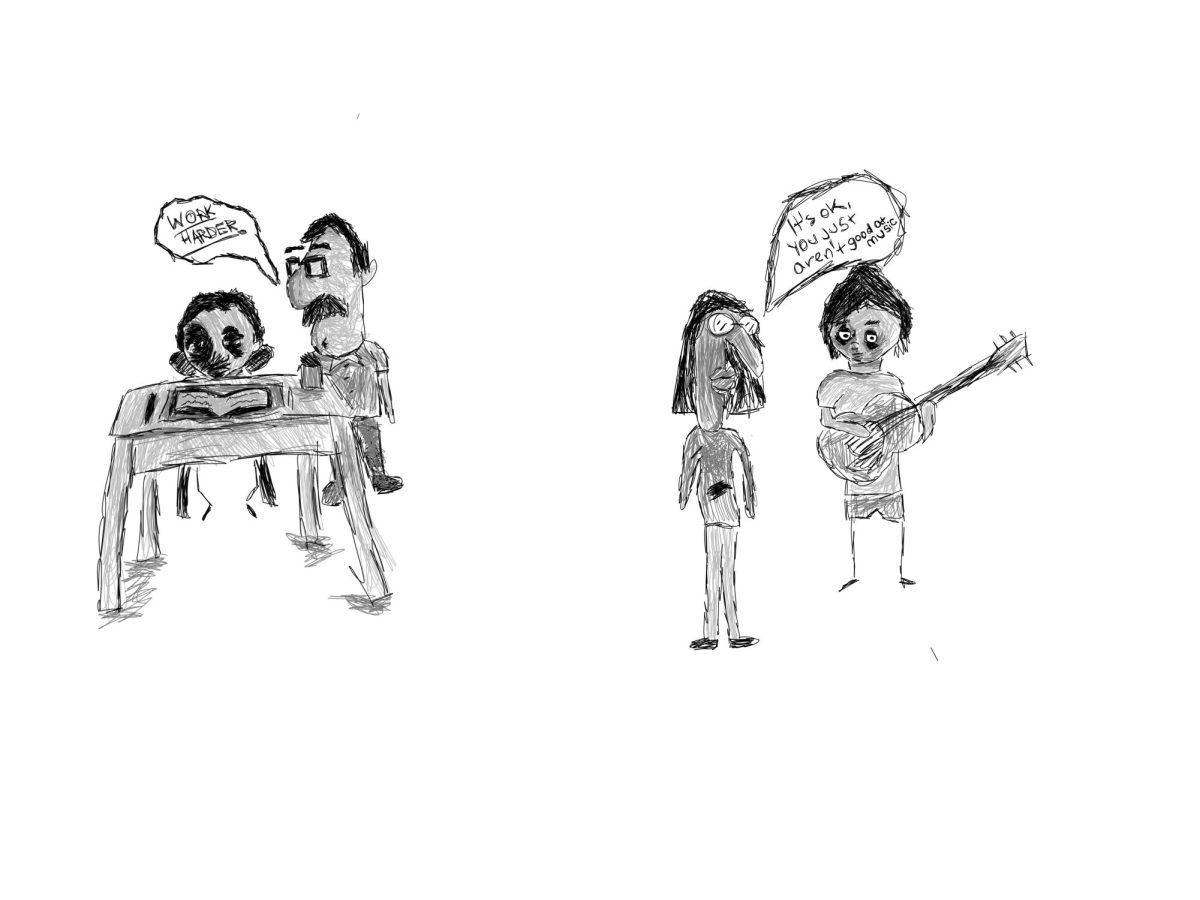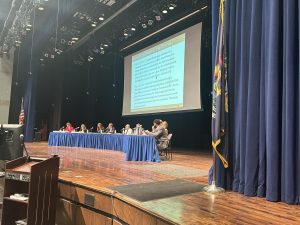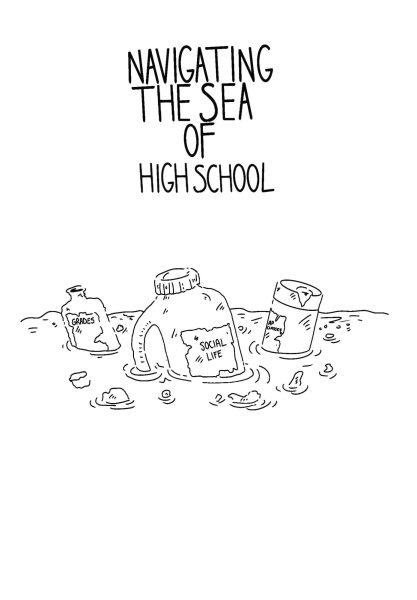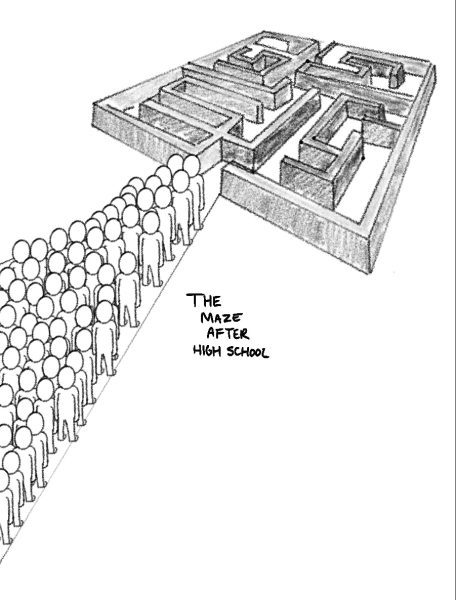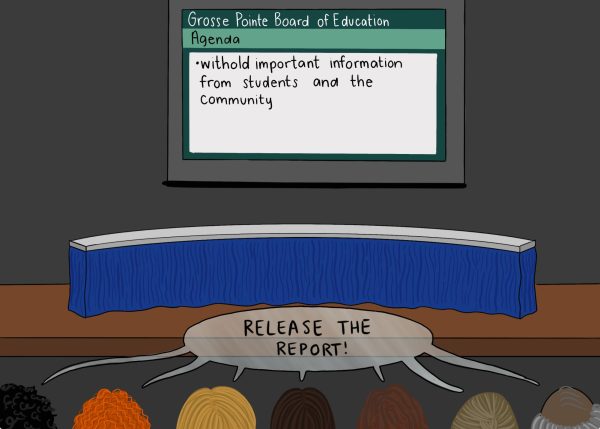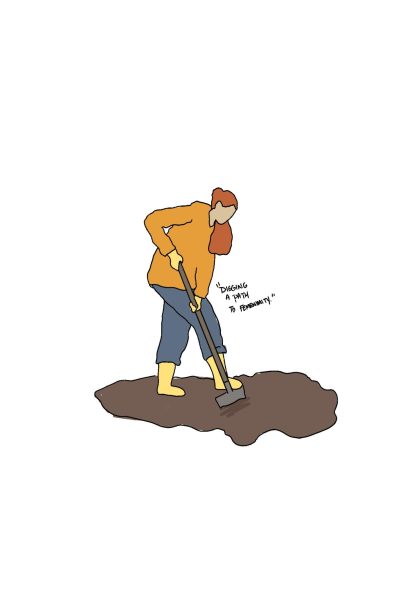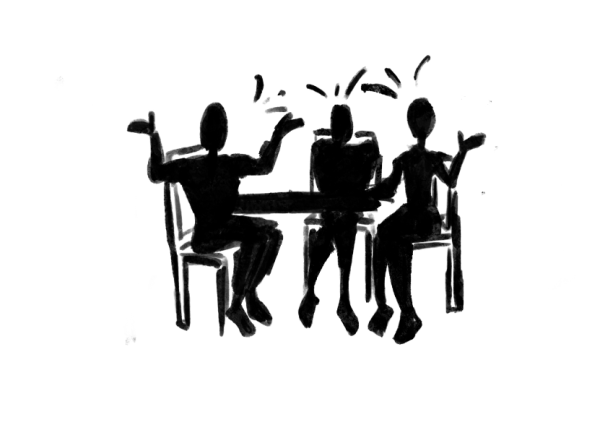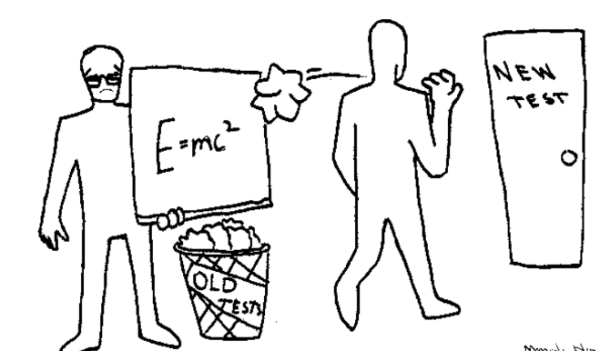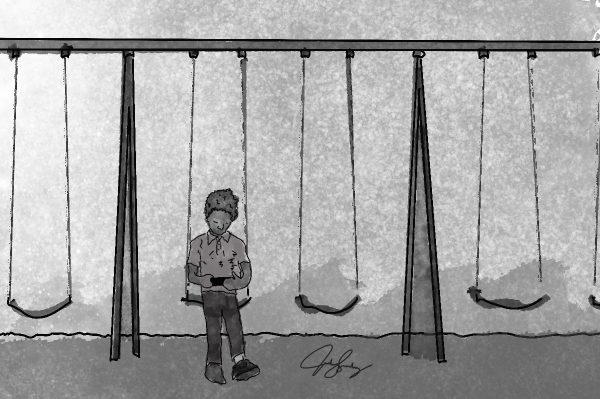Not everyone can be a mathematician
December 23, 2022
Not everyone can be a musician. Learning an instrument takes incredible skill and practice, and for many people, that talent will never be a part of their lives. That is a widely acceptable fact.; a less acceptable one is that not everyone can be a mathematician.
There’s a double standard between arts and STEM classes. If a student performs poorly in an art class, then “not everyone has an affinity for music.” But the grade starts to fall in a STEM class? They’re not trying hard enough, they’re distracted — any arts kid can tell you the worried lectures they’ve received from parents and teachers.
We wouldn’t send a child to summer school if they were bad at choir. We’d simply encourage them to take up a different extracurricular. But if that same student is bad at math, prepare for oodles of tutors, tests, and school intervention. We at the Tower believe that this double standard is not only unfair, but debilitating. The constant expectation for success when it comes to “core” classes is exhausting for many students, especially when their natural talents lie elsewhere.
Parents want what’s best for their children. And with STEM career opportunities increasing by almost 25 percent in the last year alone, according to RCLO Consulting, it certainly makes sense that those classes are considered important. But at the Tower, we believe that classes outside that status quo of success are also valuable. The expected rise in music-related careers is 4.2 percent in the next few years, according to the U.S. Bureau of Labor Statistics. The industry may not be as widely spread, but it’s certainly far from extinct.
Even if students choose not to take a music-adjacent path, classes in the arts can have a myriad of benefits. A study performed at the University of Toronto found a small increase in the IQs of adolescents who were given weekly voice and piano lessons. Other such improvements include growth of neural activity, better development of language, and spatial-temporal skills. There’s even been a link between playing an instrument and higher test scores, according to a 2007 study by the University of Kansas. Music classes are far from the “easy A’s” so many people assume them to be.
It’s normal to have a variety of skills from person to person — that’s just one example of the diversity that makes our world so interesting to be a part of. Some people can play the piano or the trumpet or the flute, and some people can’t. And in the same vein, some people can solve algebraic equations or write essays or complete labs with ease, and others can’t. Success in one field should not diminish success in another. We at the Tower believe that there are many paths to success, and more importantly, many paths to happiness. There will always be students who prefer science over art, and vice versa. Should that preference be held against them? Should we support the math majors over the music ones? The science over the show choir? The organic chemistry over the orchestra?
The best cello player in the world may not be able to do rocket science, but the best mathematician in the world probably can’t play Beethoven’s sixth symphony. It is our job, as the youngest generation, to remind the world of what it can be. We’re not all Einsteins-in-training, and that’s OK. Our diversity of thought, of skill, of training, of experience, and of mind will create a better future than the one where we are all the same. And that is the future that we at the Tower are striving for.

